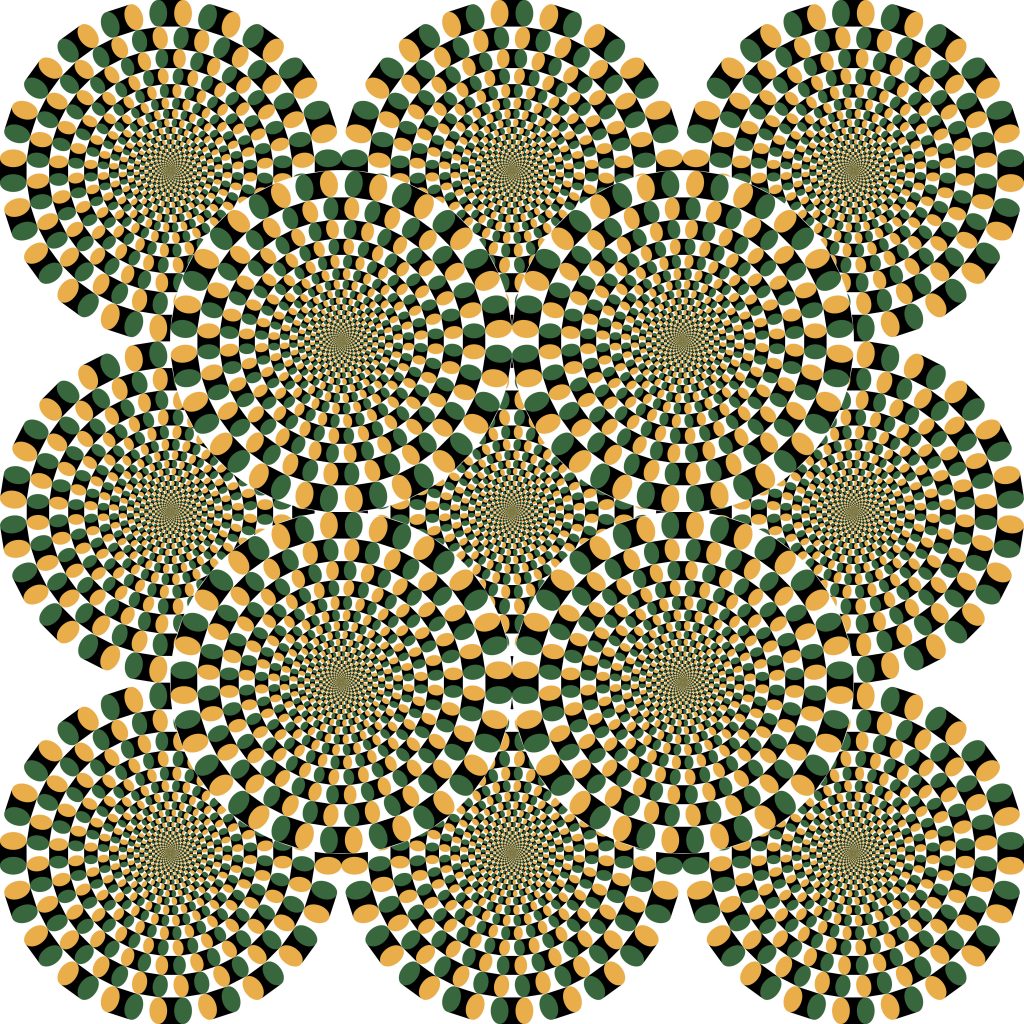Change is easier when…we can see our knower mindset not knowing a thing.
Our knower mindset is an UNSOBER mindset. Our knower mindset undermines our intentions, our values and our walk…because it creates an illusion of sobriety and a toxic fabrication of the truth.
Our knower mindset is more UNSOBER than when the mind is under the influence of alcohol, hallucinogenic drugs, psychoactive drugs, psychedelic drugs and other mind-altering substances. At least with these known intoxicants, there is some acknowledgment of our UNSOBERNESS.
Our knower mindset disguises an overvaluation about knowing (especially in the face of VUCA) and preserves a fallacy about the value of knowing (e.g., knowing about our cognitive biases is not enough to overcome them. See The GI Joe Fallacy).
In successful corporations, we value knowledge, expertise, best practices, proficiency, hiring people with answers, etc., — “knowledge is power,” as they say. So are you saying that “knowing” is bad?
Of course not. We believe that knowledge is fundamental to business success. The knower mindset has nothing to do with knowledge. The knower mindset (and corresponding ‘know-it-all’ behavior) is detrimental to effectiveness and sustainable performance; but knowledge, expertise and knowing about the business is critical and fundamental in any endeavor. Our companies need executives, managers and employees who really know their stuff. And at the same time, not being able to admit that there is a provisional condition where you ‘don’t know’ or you don’t have the answer is also critical. ‘Not knowing’ is a precondition to learning; it is very difficult to learn if you cannot be in a place of ‘not knowing’ albeit temporary.
Richi Gil, Co-founder Axialent
The knower mindset is often more about saving face. We often source from the knower mindset when our identity/self-esteem becomes unconsciously attached to our status of knowing. That makes it extremely challenging to admit you don’t know something. This attachment to expertise + certainty invites biases or blind spots that make us less effective, depending on the situational context. The knower mindset breeds passive-defensive norms, aggressive-defensive patterns, internal silos, perfectionism, avoidance and unhealthy competition. It is unconscious and ineffective; it is unable to elevate thinking or engage the energy of others.
We fluctuate back and forth between knower mindset and learner mindset. What if, in addition to being very knowledgeable, we also could be exemplars of learning at the same time? What if we could facilitate a high-performance culture that embodies the learner mindset: expertise + curiosity? What if we celebrated new standards of humility or NOT KNOWING just as much as KNOWING? What if learning and curiosity were viewed as acts of conformity? Wouldn’t that help accelerate our teams’ readiness to adapt to change? Wouldn’t that increase effectiveness and business outcomes in the face of increased change?
How much do our organizations value KNOWING over not knowing?
Here is a snippet from Dr. Robert Kegan and Dr. Lisa Lahey, gurus on adult development at Harvard, from one of their more recent book interviews:
“Let’s be blunt: In the ordinary organization, nearly everyone is doing a second job no one is paying them for — namely, hiding their weaknesses, looking good, covering their rear ends, managing other people’s favorable impression of them. This is the single biggest waste of a company’s resources. Now imagine working in a place that is sending the message, every day, ‘We hired you because we thought you were good, not because we thought you were perfect.’ We are all here to get better, and the only way we will get better is to make mistakes, reveal our limitations, and support each other to overcome them.”
“Do you worry more about how good you are or how fast you are learning?” asks Ray Dalio of Bridgewater, another company we studied.
But given the increasingly VUCA world of the 21st century (volatile, uncertain, complex and ambiguous), we’ve come to believe that being a great place to work is not enough. Organizations need to operate as great places to grow. High levels of trust, camaraderie and pride are necessary but not sufficient.
Organizations need all of their people from the C-suite to the frontlines continuously developing and deploying higher levels of capability to match the rate of change going on around them. Changing your business model or value proposition, entering a new market, responding to a new competitor, developing a new product or service, restructuring your supply chain or service delivery process — these are all highly complex challenges.
Organizations face more of them now than ever before and at an ever-increasing pace. Meeting those challenges requires something more than smarter strategy; it requires smarter people — people who can overcome their blind spots, who are neither overly confident nor overly humble, who can stand on the field and get above it at the same time.
Peter Senge says that learning organizations are where:
- People are continually learning to see more and expanding their capacity to create the results they truly desire.
- New and expansive patterns of thinking are nurtured.
- Collective aspiration is set free.
Learning how to master our mindsets/biases more effectively is the No. 1 personal and business challenge from which all our other challenges are born. All of us in leadership (at home and at work) today are universally, somewhat “over our heads,” responding effectively to the rapid pace of change and need for constant adaptation. So in the face of new possibilities, we need to soberly shift into learner mode more often. Learning organizations, learning environments and learning individuals will quickly evolve into the most adaptive and anti-fragile communities of the future. Others will follow suit — or likely suffer unnecessarily.


